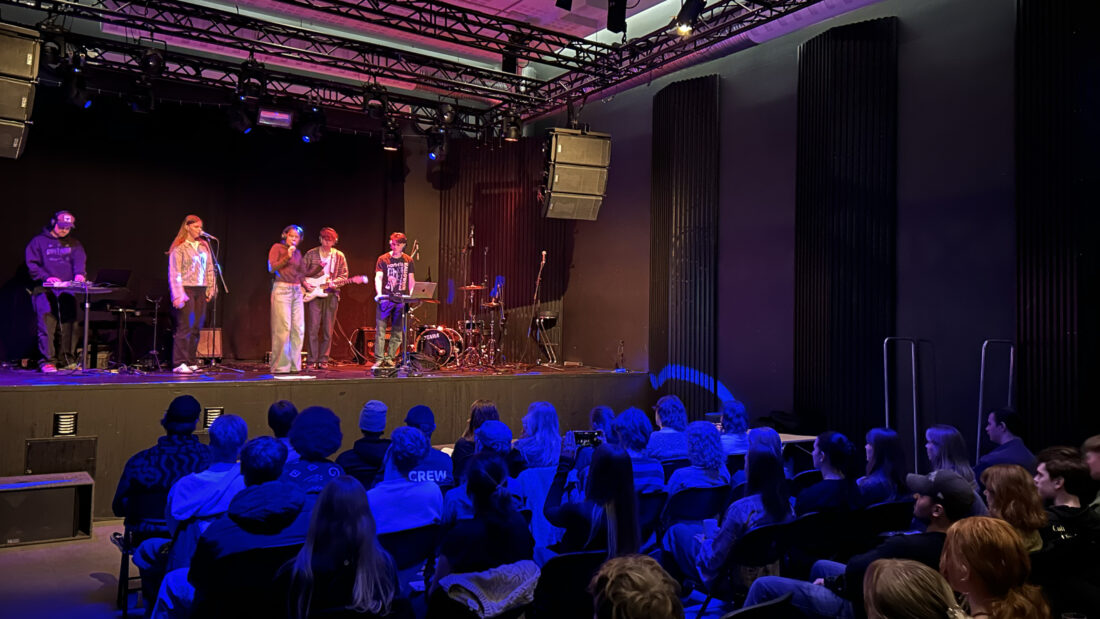CreaTeME arranged Camposium 2024 in Kristiansand – Songwriting Camp and Symposium in Kristiansand
Camposium 2024 – From Song to Live Performance
CreaTeME at the University of Agder (UiA) is organizing “Camposium 2024,” an academic symposium and songwriting camp. This collaborative event, titled “From Song to Live Performance”, brings together UiA, CreaTeME, and Kristiania University College in a week-long project designed to bridge creativity, songwriting, and live performance. The project aims to provide students from different institutions and disciplines with a comprehensive experience, guiding them from the early stages of song creation to a live showcase.
The primary goal of Camposium 2024 is to foster cross-institutional and cross-disciplinary collaboration among students, blending academic knowledge with practical skills.



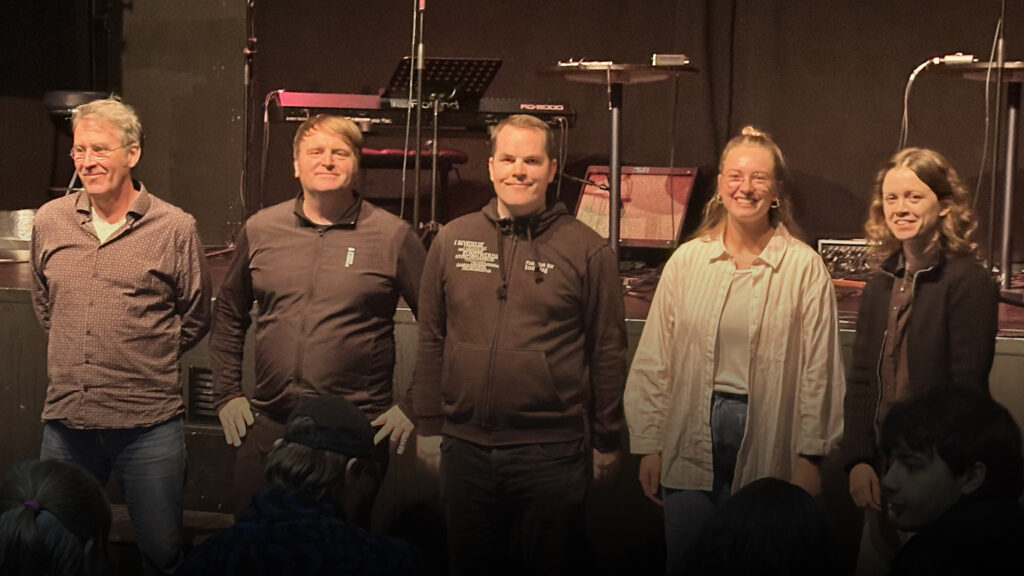
1. The Songwriting part with students and artistic supervisors Kristine Hoff, Grete-Johanne Torvholm, Askil Holm and Jørund Fluge Samuelsen:
The event aims to:
– Promote creative collaboration between students from different academic backgrounds.
– Enhance students’ songwriting abilities through hands-on experience and feedback.
– Provide practical exposure to the entire production process, from composition to live performance.
– Prepare students for real-world teamwork in the music and creative industries.
Participants and Collaboration
Participants include students from UiA and Kristiania University College, who will travel from Oslo to Kristiansand for the week. Students from various programs such as music, sound engineering, performance, and creative industries are grouped together, promoting interdisciplinary interaction. These mixed teams will draw upon their diverse skill sets and perspectives to create original songs and prepare for live performance.
This collaboration reflects a strong partnership between institutions and offers students a unique opportunity to learn from peers and professionals across different fields of study.
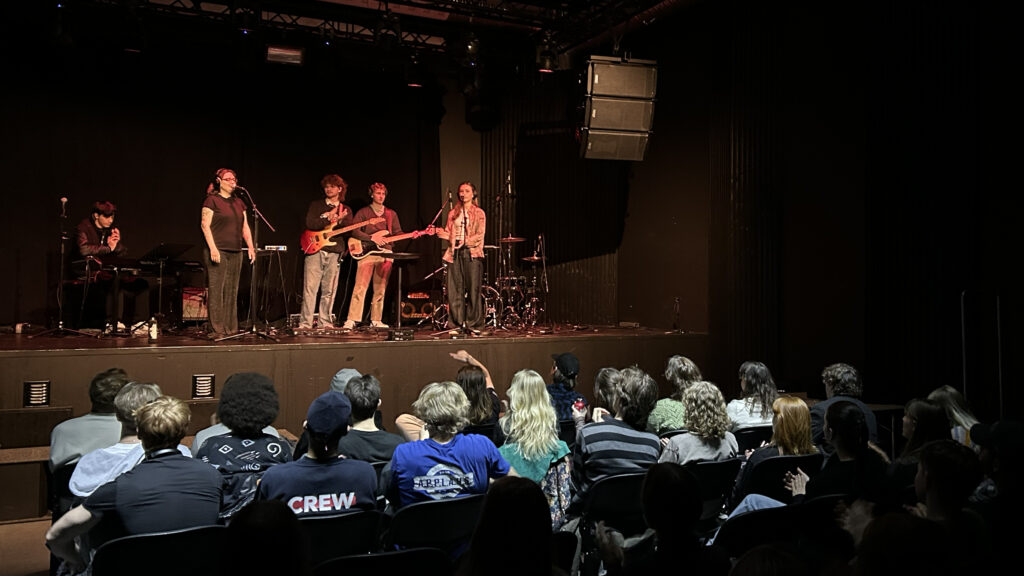
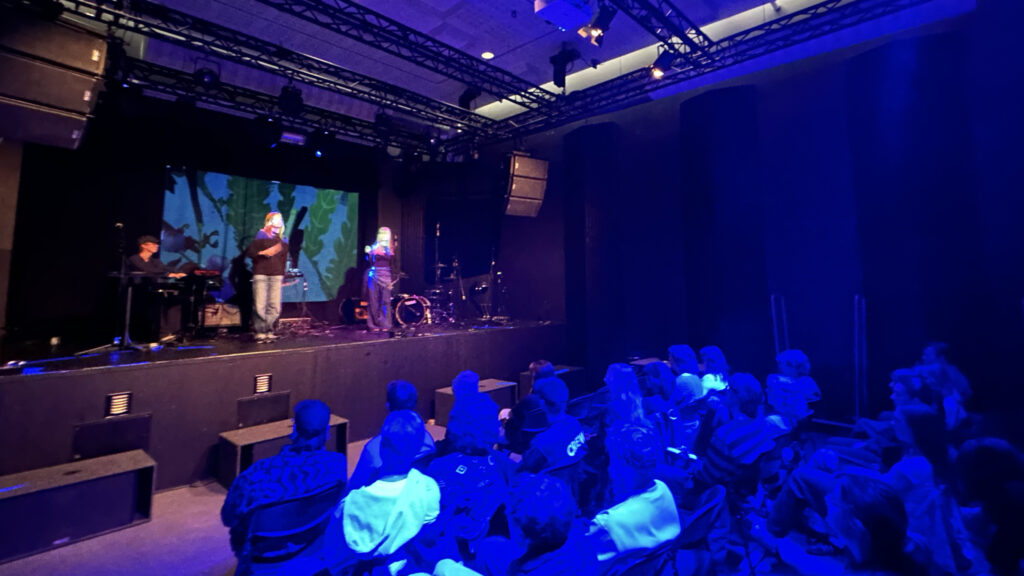
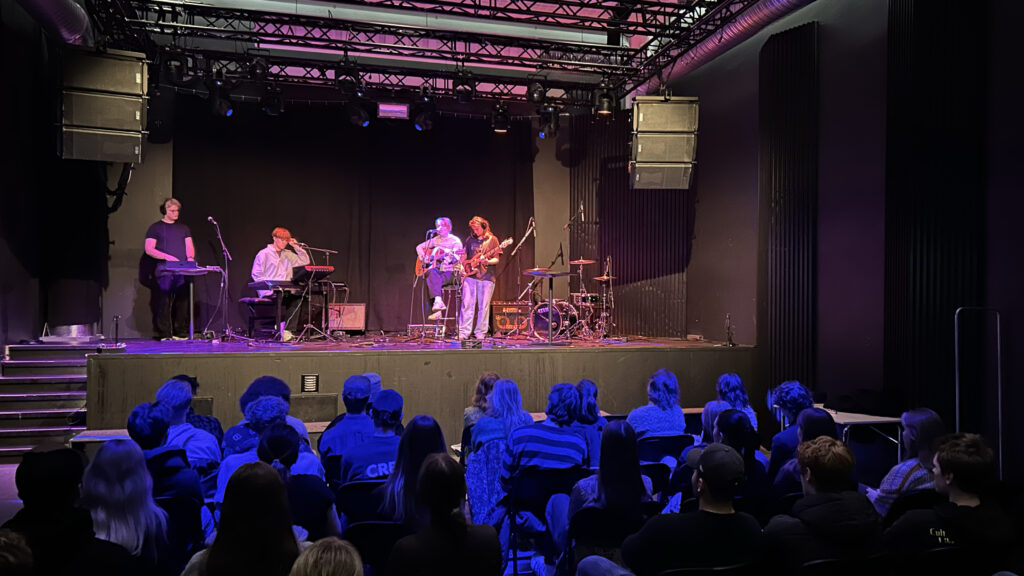
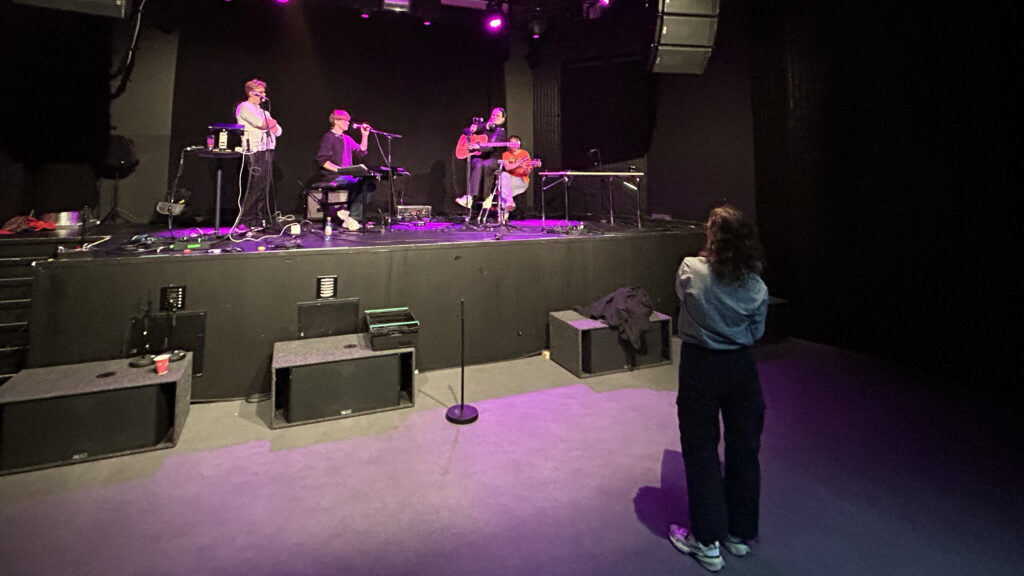
Project Structure
1. Songwriting and Collaboration (Monday-Tuesday)
The week begins with students being grouped into cross-disciplinary teams. Together, they embark on a collaborative songwriting process, merging their individual expertise to create cohesive musical pieces. During this phase, the focus is on creativity, songwriting structure, and teamwork.
On Tuesday, the teams will participate in a listening session, where their work-in-progress is presented. Feedback will be provided by instructors and peers, offering the opportunity to refine their songs. The listening session plays a vital role in helping students make improvements and consider how their work can be translated into a live setting.
2. Pre-Production (Wednesday)
On Wednesday, teams will move into a pre-production phase, working with a professional sound engineer to prepare their songs for live performance. This session will focus on the technical aspects of sound mixing, arrangement, and ensuring each song is performance-ready. Pre-production is a critical step that transitions the song from a creative concept to a polished piece that can be successfully performed.
3. Live Performance (Thursday)
The culmination of the event is the live performance on Thursday at BARE student house in Kristiansand. Here, each group will perform their song in front of a live audience, showcasing their hard work over the course of the week. This live event offers students a platform to demonstrate their songwriting and performance skills
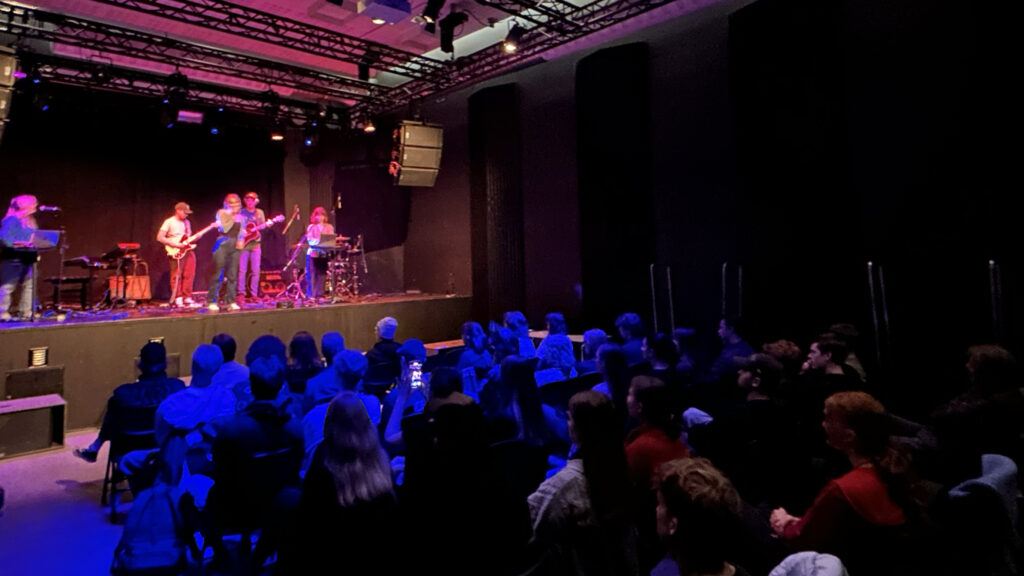
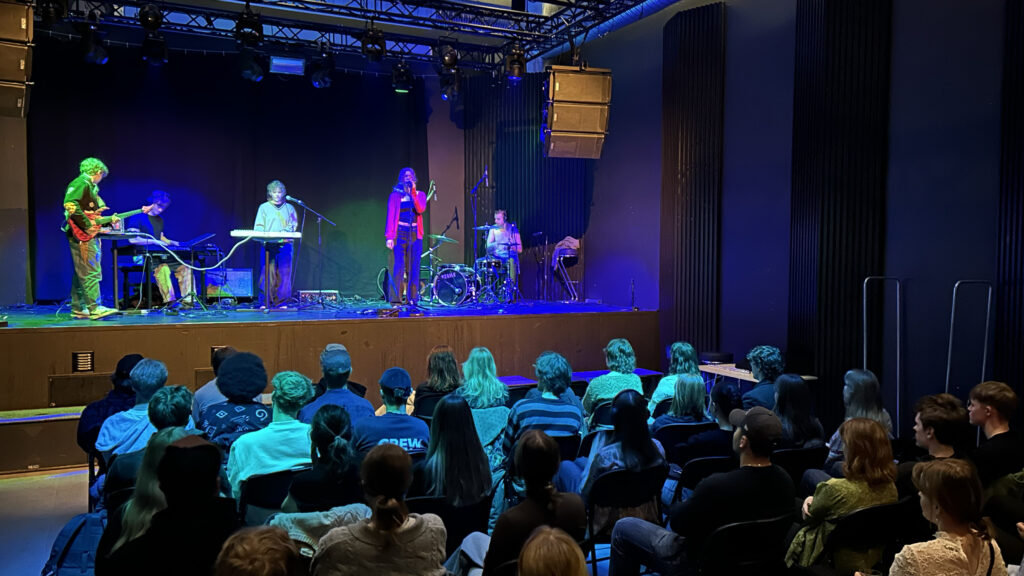


The Symposium part with academic partners:
– Kristiania University College
– NLA University College
– Ansgar University College
– Ph.D candidates from UiA
– CreaTeME-team members at UiA
On October 22, 2024, CreaTeME at the University of Agder (UiA) and Kristiania University College hosted a symposium titled Camposium 2024. This event focused on assessment criteria in higher music education, with a particular emphasis on songwriting and music production. The symposium brought together educators and professionals working in music pedagogy to discuss and explore how the evaluation of students’ creative work is carried out in an increasingly technology-driven industry.
The event was part of a research project linked to CreaTeME’s Work Package 1, which focuses on music education and the pedagogical challenges related to assessment within the music field.
Discussion of Cases
One of the central methods for discussion was the use of cases from educators’ practices, where participants played listening examples produced by students and provided a brief context for how these works were evaluated. Other participants then responded and discussed what might be considered good and objective criteria for evaluation.
Cases related to the following scenarios were discussed:
Music production exams: How can teachers balance subjective evaluation of aesthetics and originality with technical skills and project execution?
Ongoing assessment: How can teachers provide meaningful and constructive feedback during the creative process without directing students too much?
Admission evaluation: What criteria are most appropriate when assessing the potential of students applying to music education programs?

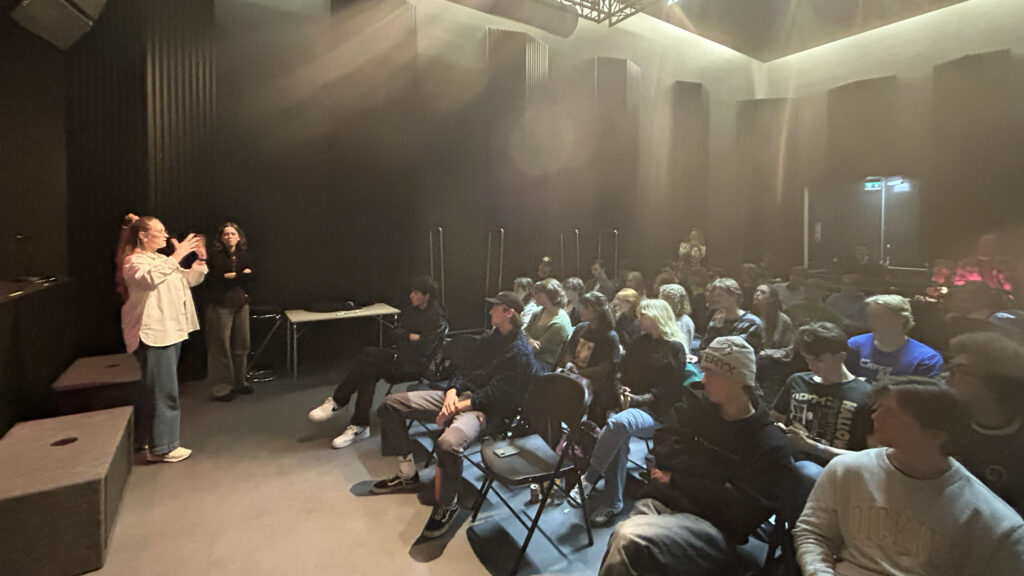

The symposium highlighted several important challenges related to evaluation in music education:
Subjectivity in evaluation: Participants emphasized the challenge of assessing creative work, which can be highly subjective, where musical taste and style vary. The discussion centered on whether it is possible to use universal criteria for evaluating creativity.
Technical versus creative evaluation: The balance between technical skill and creative expression was raised as a critical issue. Some participants believed that technical quality should carry more weight, while others felt that creative originality should be decisive.
Individual approach: Many participants pointed out the importance of tailoring assessment methods to each individual student, especially in terms of individual guidance.
In conclusion, participants pointed to the need for further research on how assessment criteria can be standardized in music education without hindering students’ creative freedom. Future research will focus on how technology, such as artificial intelligence, can be integrated into the assessment process to support teachers and ensure more objective evaluations of creative works.
Camposium 2024 provided valuable insight into how teachers and supervisors in music education evaluate creativity and technical skills among students. Through the sharing of experiences and discussions around specific cases, it became clear that there are no simple solutions to the challenges of evaluation in music subjects. However, the symposium contributed to promoting reflection on existing assessment methods and how they can be improved to support students’ development both as musicians and creative producers.
Photo by the CreaTeME-team


